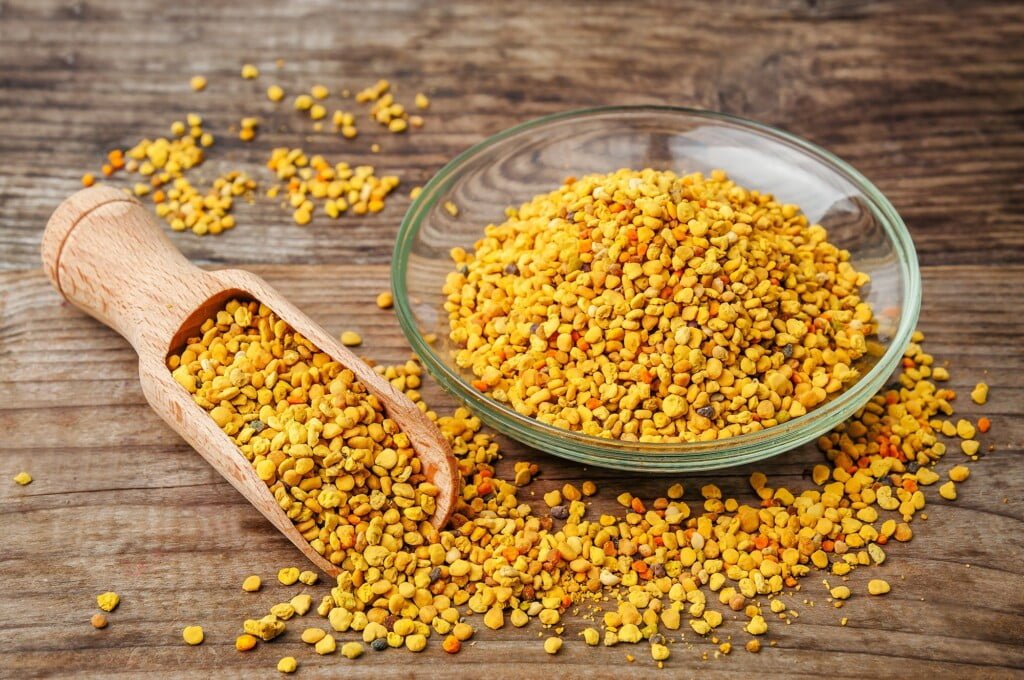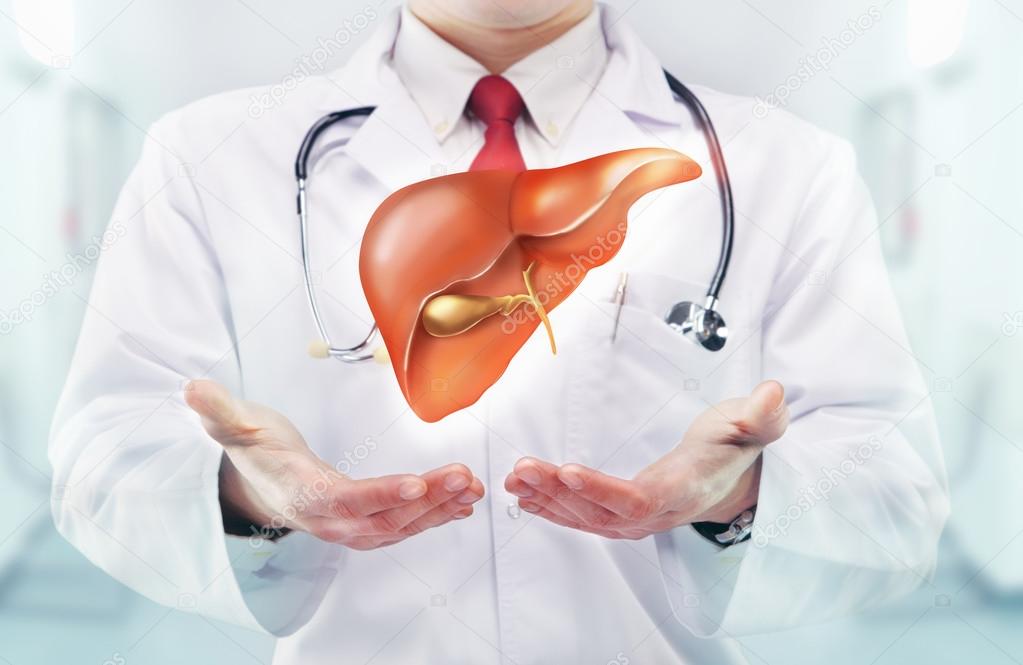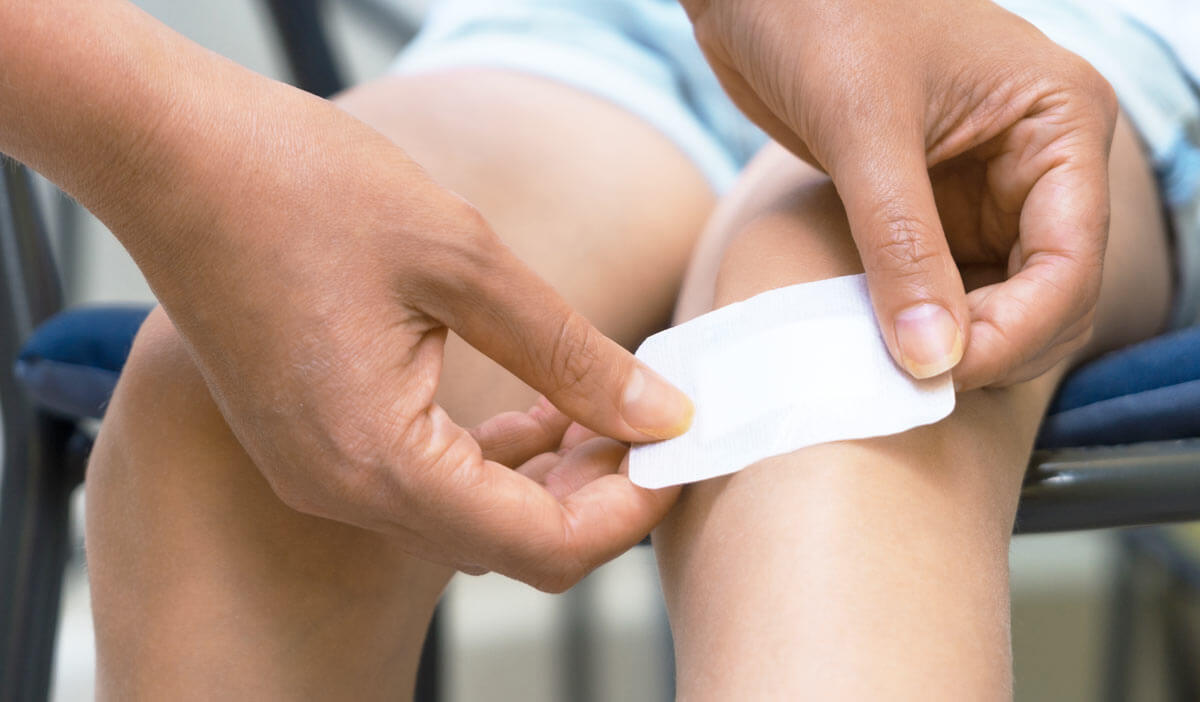In the previous article, ILLUME-EMAG has provided you with background information about bee pollen. Let’s discover more about its health benefits in this latest article.
Bee pollen is a substance consisting of flower pollen, nectar, enzymes, honey, wax, and bee secretions. Foraging honey bees collect pollen from plants and take it to the beehive, where it is stored and fed to the colony. Pollen from bees should not be mistaken with honey, royal jelly, or honeycomb. These products may or may not include pollen or other components.
Bee pollen has recently acquired recognition in the health community due to its high concentration of nutrients, amino acids, vitamins, lipids, and over 250 active compounds. In fact, the German Federal Ministry of Health considers bee pollen as a medicine.
Many research has been conducted to investigate the health effects of bee pollen and have shown promising results. Here are 10 scientifically proven health benefits of bee pollen.
An Outstanding Nutritional Profile Containing Over 250 Active Substances

The nutritional profile of bee pollen is remarkable.
It includes more than 250 biologically active compounds, including proteins, carbs, lipids, fatty acids, vitamins, minerals, enzymes, and antioxidants.
Bee pollen grains are made up of about:
- Carbohydrates: 40%
- Protein: 35%
- Water: 4–10%
- Fats: 5%
- Other components: 5–15 %
Vitamins, minerals, antibiotics, and antioxidants fall within this group. The nutritious value of pollen, on the other hand, is dependent on the plant source and season of harvesting.
For example, studies have revealed that bee pollen gathered from pine trees has roughly 7% protein, but pollen obtained from date palms contains approximately 35% protein. Furthermore, bee pollen gathered in the spring has a considerably different amino acid content than pollen collected in the summer.
Antioxidant properties
Flavonoids, carotenoids, quercetin, kaempferol, and glutathione are just a few of the antioxidants found in bee pollen. Antioxidants shield your body from potentially damaging particles known as free radicals. Free radical damage has been related to chronic diseases such as cancer and type 2 diabetes.
Bee pollen antioxidants have been demonstrated in test – tubes, animal, and some human studies to decrease chronic inflammation, eradicate unwanted bacteria, fight infections, and prevent tumor growth and spread. However, the antioxidant content of bee pollen is also determined by the plant from which it is derived. It might be difficult to determine where your bee pollen originates from unless a plant source is clearly indicated on the label.
May reduce your chances of developing heart disease

Heart disease is the main cause of death on a global scale. High blood lipids and cholesterol levels are both associated with an increased risk of heart disease. Surprisingly, bee pollen can reduce these risk factors. Animal studies, for example, have demonstrated that bee pollen extracts can decrease blood cholesterol levels, particularly “bad” LDL cholesterol.
Bee pollen medications reduced blood cholesterol levels in individuals with nearsightedness caused by blocked arteries, increasing their field of vision. Furthermore, antioxidants found in bee pollen may protect lipids from oxidizing. When lipids oxidize, they can clump together, narrowing blood arteries and increasing your risk of heart disease.
May Enhance Liver Function

Your liver is an essential organ that breaks down and eliminates toxins from your bloodstream.
Animal studies have revealed that bee pollen may boost the body’s detoxification capacity. In older animals, bee pollen increased the liver’s antioxidant defense and eliminated more waste substances from the blood, such as malondialdehyde and urea. Other animal studies suggest that bee pollen antioxidants protect the liver from damage caused by a variety of harmful substances, including drug overdoses. Bee pollen is also beneficial to liver health.
However, little human research has looked into the impact of bee pollen on liver function. More human research is required to provide health recommendations.
Anti-inflammatory properties

Bee pollen has long been used to treat inflammation and swelling. Animal research found that bee pollen extract decreased swelling in the rats’ paws by 75%.
In fact, its anti-inflammatory properties have been comparable to those of various nonsteroidal anti-inflammatory medicines, including phenylbutazone, indomethacin, analgen, and naproxen.
Bee pollen contains various anti-inflammatory chemicals, including the antioxidant quercetin, which reduces the formation of inflammatory omega-6 fatty acids like arachidonic acid. Furthermore, plant chemicals in bee pollen may inhibit biological processes that promote the synthesis of inflammatory hormones like tumor necrosis factor (TNF).
Boosting immunity
Bee pollen may boost the immune system, allowing you to prevent infections and unpleasant symptoms. For one thing, studies have shown that it may lessen the severity and development of allergies. In one research, bee pollen was found to dramatically lower mast cell activation. When mast cells are activated, they produce substances that cause an allergic reaction.
Several in vitro experiments have also revealed that bee pollen has potent antimicrobial capabilities. Bee pollen extract was found to be effective in killing potentially harmful bacteria such as E. coli, Salmonella, and Pseudomonas aeruginosa, as well as those that cause staph infections.
May aid in wound healing

Bee pollen has anti-inflammatory and antioxidant properties that may benefit wound healing. Animal studies, for example, discovered that bee pollen extract was just as successful at healing burn wounds as silver sulfadiazine, the gold standard in burn treatment, but with considerably fewer adverse effects.
Another animal research found that administering a bee pollen balm to a burn greatly hastened recovery compared to usual medications. The antimicrobial capabilities of bee pollen may also help to avoid infections, which can potentially hinder the healing process for scrapes, wounds, abrasions, and burns.
May Have Anticancer Properties
Bee pollen has the potential to be used in the treatment and prevention of cancer, which occurs when cells multiply abnormally.
In vitro studies have revealed that bee pollen extracts decrease tumor development and trigger apoptosis – the programmed death of cells – in prostate, colon, and leukemic cancers. Cistus (Cistus incanus L.) and white willow (Salix alba L.) pollen may have anti-estrogen capabilities, lowering the risk of breast, prostate, and uterine cancers.
However, more human-based research is needed.
May Ease Menopausal Symptoms

Menopause, or the end of menstruation in women, is frequently accompanied by unpleasant symptoms such as hot flushes, night sweats, mood swings, and sleep disruptions.
According to research, bee pollen may help with a variety of menopausal symptoms. In one research, 71% of women said that consuming bee pollen eased their menopausal symptoms. Another research found that 65 % of women who took a pollen supplement reported fewer hot flashes. These women indicated other health improvements as well, such as better sleep, reduced irritability, less joint pain and improved mood and energy.
Additionally, three-month research found that women who took bee pollen supplements had much fewer menopausal symptoms. Furthermore, these supplements aid in the reduction of “bad” LDL cholesterol and the increase of “good” HDL cholesterol.
May Improve Nutrient Utilization, Metabolism, and Longevity
Some data shows that bee pollen may increase your body’s nutritional utilization.
For example, iron-deficient rats absorbed 66 % more iron when pollen was given to their diet. This increase is most likely owing to the fact that pollen includes vitamin C and bioflavonoids, both of which aid in iron absorption.
Furthermore, pollen-fed healthy rats absorbed more calcium and phosphorus from their diet. Pollen contains high-quality proteins and amino acids that may assist in this process.
Other animal research has shown that bee pollen can help with muscle growth, metabolism, and longevity. Although animal studies are intriguing, it is unclear if people benefit in the same way.
In conclusion
Bee pollen is high in vitamins, minerals, and antioxidants, making it extremely nutritious.
Bee pollen and its components have been associated with a variety of health benefits, including reduced inflammation, boosted immunity, menopausal symptoms, and wound healing.
However, the majority of the information regarding bee pollen and its components comes from animal and test-tube research. More human study is required to fully understand its health benefits.
Overall, bee pollen is an excellent addition to your diet and can be easily obtained through health stores or your local beekeeper.

